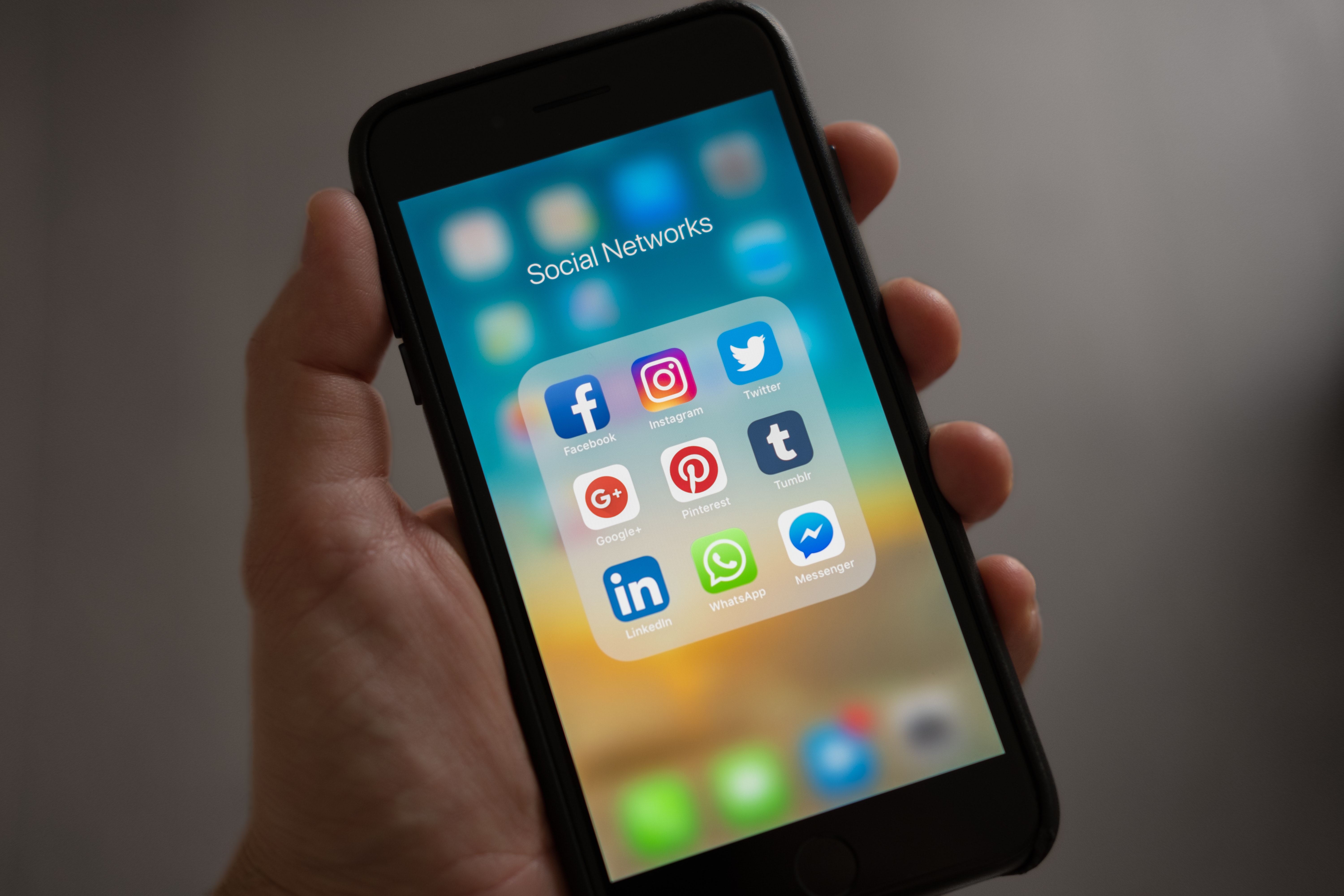US Congresswoman Alexandria Ocasio-Cortez sits in her living room assembling Ikea furniture, drinking wine and munching popcorn, while taking to Instagram live to discuss some key issues such as climate change, Trump’s policies and the military draft with her followers.
This is not uncommon behaviour for Ocasio-Cortez who has become one of the most prominent political figures on social media. Many have lauded her savvy use of digital platforms to interact with members of the public and gain followers.
International politicians like New Zealand Prime Minister Jacinda Ardern and former US President, Barack Obama have also established reputations for their social media presence.
Obama, who started his Facebook page in 2007, was the first world leader to create a personal social media account that allowed public access. By the end of his eight-year presidential term, he had roughly 54 million Twitter followers
Jacinda Ardern has flexed her muscles as a social media wiz. At 37, Ardern was the youngest world leader appointed by the Labour Party and she has used her youth to her advantage. She has taken to online platforms to communicate her party’s viewpoints on large-scale issues, even using Facebook live updates to explain policy announcements to her citizens minutes before she speaks to the mainstream media about them.
Another prolific user of social media is the ever-controversial Donald Trump. Trump is renowned for using social media to directly engage and explain complicated policies or launch ideas.
But in Australia, there is no politician that has claimed the same social media status as Ardern or Ocasio-Cortez.
With 3.484 billion people using social media globally, one wonders if many Australian politicians are missing out on the opportunity to effectively use these digital platforms, and to become the kind of social media influencers their international political counterparts have.
Federal Minister for Scullin and Assistant Minister for Schools, Andrew Giles told upstart that it is vital that politicians stay current and use these mediums to directly engage with his constituents.
“Social media is a great opportunity to have unfiltered conversations with the community, both the local community and the wider Australian community,” he said.
Giles believes the main difference between the way he interacts on social media and the way other influential politicians use these platforms is in the content he posts.
“When I think about the social media I do when I’m in the campaign, it’s probably a bit different to what I do day-in day-out, but one thing that I want to do is demonstrate the work that I am doing,” he said.
This, he says, helps to create an online record of his work.
“I don’t think those things are sort of persuasive, but I think if people are interested in this election or interested in keeping track of me they can see what I’ve been up to,” he said.
When comparing how Australian politicians use social media to politicians globally, Giles pointed immediately to Alexandria Ocasio-Cortez
“I think the challenge is to have an approach to social media that reflects who you are. But in America AOC, [Alexandria Ocasio-Cortez] has built her support base by being a really effective user of social media, to tell her political story and her personal story together,” he said.
Many who have commented on Ocasio-Cortez’s social media style have highlighted her conversational manner and use of colloquial language, ditching the political jargon as an important asset of the political game. She distinguishes herself from other politicians by uploading videos of the garbage disposal in her new apartment and being asked to run twitter workshops for other members of congress.
Her new, contemporary approach has given her a 600 percent boost in Twitter followers with a whopping total of 3.56 million followers.
While Ocasio-Cortez is a social media celebrity who uses these platforms in a savvy and proficient way, she is certainly not alone in the political sphere. Many politicians frequent social media sites. A study conducted by communication specialist Burson-Marstellar found that 87 heads of state, 70 prime ministers and 55 foreign ministers maintain a Facebook page worldwide.
Social media can be a valuable source to learn about politicians, as it provides a snapshot of their life and their opinions. Many politicians have benefitted from establishing a solid social media following, and translating it into votes.
Twitter, Instagram and Facebook allow politicians to tailor their message to specific audiences. Through their frequent use of these platforms, politicians can infiltrate the lives of their constituents.
This clearly remains an untapped area for many Australian politicians, who are yet to fully embrace this new era of social media and communication.
Social media could be the key to helping younger generations to engage in politics and facilitate more discussions between political parties and citizens to ensure that these platforms are as effectively used as our international counterparts.
Photo: Sourced from Pexels and used under a Creative Commons Attribution. The image has not been modified.
Taylah Melki is a third-year Bachelor of Media and Communications (Sports Journalism) student at La Trobe University. You can follow her on Twitter @MelkiTaylah







